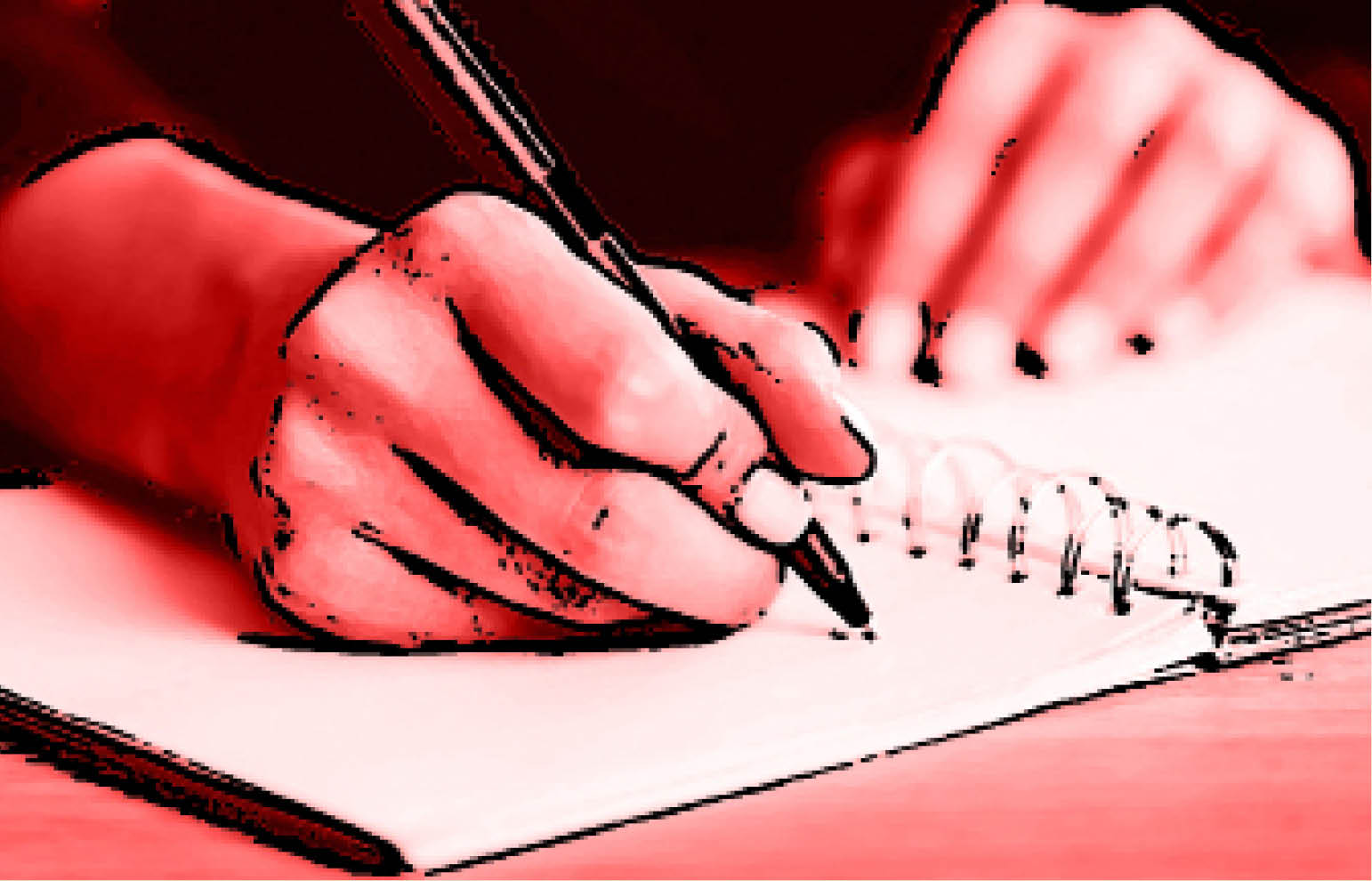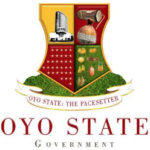“The only way to draw a nation’s diverse peoples together is through rewriting history, diminishing if not effacing ethnic differences, replacing them with conflated pasts and new, imagined, unifying experiences.” These are the words of Anthony Smith, and they have had great resonance for me in the last few weeks.
As a country, Nigeria’s diversity has been a source of rancour, strife, and astonishing acts of violence instead of being a strength on which we could build a strong and prosperous nation. We have, more often than not, focused on the walls these identities have forged between us instead of the bridges they could have been.
The task of changing this falls on all of us, but especially on the shoulders of our creatives—the writers, thinkers, and opinion shapers. This is why in the last few weeks, I have devoted myself to organising the Flame Tree Writers Workshop that will encourage a new generation of Nigerian writers with this frame of reference in mind.
Since Monday this week, 20 young Nigerian writers have been subjected to collaborative learning and the expert guidance of two Nigerian authors, both winners of the NLNG Nigerian Prize for Literature and both incidentally columnists for the Daily Trust, Chika Unigwe and myself.
The Flame Tree Writers Project has been a long-term passion project I have conceived and quietly developed for a few years. Thankfully, with the support of the Abuja Office of the German non-profit Heinrich Boll Foundation, it has become a reality. This pilot edition is focused on training writers from Northern Nigeria. The rationale is simple.
There is a disparity in the Nigerian story. While other parts of the country are adequately represented, contributing their intricate stories to the body of Nigerian literature, the North has fallen behind. The consequence has been a stuttering if not crooked journey to national unity and the formation, as Mr. Smith argues, of a unifying experience drawn from our disparate cultures and identities. Such an experience is impossible to materialise in the absence of understanding of each other, and if the North is not contributing its stories, its culture, and perceptions through its literature to the body of Nigerian literature, then this story, this imagined, unifying culture, will remain malformed.
The rest of Nigeria needs to understand the North beyond the stereotypes of its people, the illusions of its hegemony, and its unacknowledged diversity. The rest of Nigeria needs to understand the intricacies of Northern identities, the social conditions, and, most importantly, what shapes and governs it, and be able to understand the Nigerians from this part of Nigeria. There is a need to understand how their perceptions, ideologies, and social practices are formed by their experiences and how these shape their worldview.
The North is not bereft of literature. However, most of its literature, written in Hausa, is preoccupied with conversing with itself, telling its stories to its people, the Northerners, to the exclusion of outsiders, other Nigerians.
The idea of this workshop is to rethink Northern Nigeria, to rethink how we tell these stories with the required knowledge and compassion not just to ourselves but to other Nigerians. In the process, the hope is to raise a generation of writers from this part of the world who will go forth and continue to tell these stories. If all goes according to plan, the project will, with the support of our funders, publish an anthology of new stories from these writers.
This project has enjoyed incredible goodwill from conception to execution. The hbs Abuja office did not hesitate to throw its support behind it, even if the journey to this point was long and arduous. Chika Unigwe did not hesitate to say yes, to be flown in from her base in the US, to share her experiences and skills with these writers. Neither did Professor Rasheeda Liman, the theatre practitioner, and Executive Secretary of the Zamfara State Scholarship Board, who was an NLNG Nigeria Prize for Literature judge just last year (for drama). Neither did the brilliant filmmaker, Ishaya Bako, one of Nigeria’s finest film directors and screenwriters. Neither did the British Literary agent, Emma Shercliff, who shared insights on finding agents and navigating publishing with these writers. Some of my writer friends, Odafe Atogun, Abdulkareem Baba Aminu, and Star Zahra paid an impromptu visit and were generous enough to share nuggets of wisdom with the writers.
In the end, I hope the participants will leave with greater confidence in their talents, skills, and competence to use literature and writing as tools for both art, social critique, and nation-building, to consider theater and film as vehicles for their ideas, and to consider the extent that their art and craft can reach, well beyond the north and Nigeria. I hope they will deploy these skills and this art to efface ethnic differences and help build unifying experiences to connect Nigerians beyond ethnic lines and build a greater understanding of each other by humanizing each other’s experiences.
As the workshop stage comes to an end, I am convinced already that this is a small effort in a long journey. I wish already that we could have brought more writers on board to maximize the spread of the work and its impact. It is a small effort but one that I am confident will have a long-term impact, that will create a generation of writers who will on their own, go out there, do the work of writing, and hopefully create a community of supportive writers. Maybe someday, with the support we will make this a nationwide project. This wouldn’t have been possible without the incredible team at Heinrich Boll Stiftung, from the Abuja to the Berlin office, and the incredible individuals who worked tirelessly to make this project a reality.
In the end, as we approach wrap-up this Friday, I feel grateful to be in a position to contribute to this effort in building a broader community of writers — one that I hope will help balance the Nigerian story and advance national unity. After all, as the British-Czech philosopher Ernest Gellner said, “Culture must be shared if the nation is to cohere.” I think this is how we deliberately build national unity.
NB: By the way, Chika and I will be doing a reading at Adam’s Pages bookstore, Wuse, Abuja on Saturday at 2 pm. It would be great to have you there.

 Join Daily Trust WhatsApp Community For Quick Access To News and Happenings Around You.
Join Daily Trust WhatsApp Community For Quick Access To News and Happenings Around You.


